Coronavirus: Soft approach scrutiny with Sweden to hold lockdown inquiry after 5000 COVID-19 deaths
Sweden’s PM has ordered an inquiry into his government’s handling of the virus crisis amid more than 5000 deaths.

The Swedish prime minister has ordered a public inquiry into his government’s handling of the coronavirus crisis after the country recorded more than 5000 COVID-19 deaths.
Sweden has found itself isolated in Europe because of its unorthodox strategy, under which it kept most schools, bars, restaurants and businesses open in the belief that the severe lockdowns imposed by its neighbours would be counter-productive.
Since then its per capita death rate has risen to the fifth-highest in the world despite a sparsely distributed population and a well-regarded hospital system.
It is now recording an average of more than a thousand new infections a day, up from fewer than 600 in May. As of Wednesday 5333 people had died with the disease, more than four times the combined death toll of the other four Nordic countries.
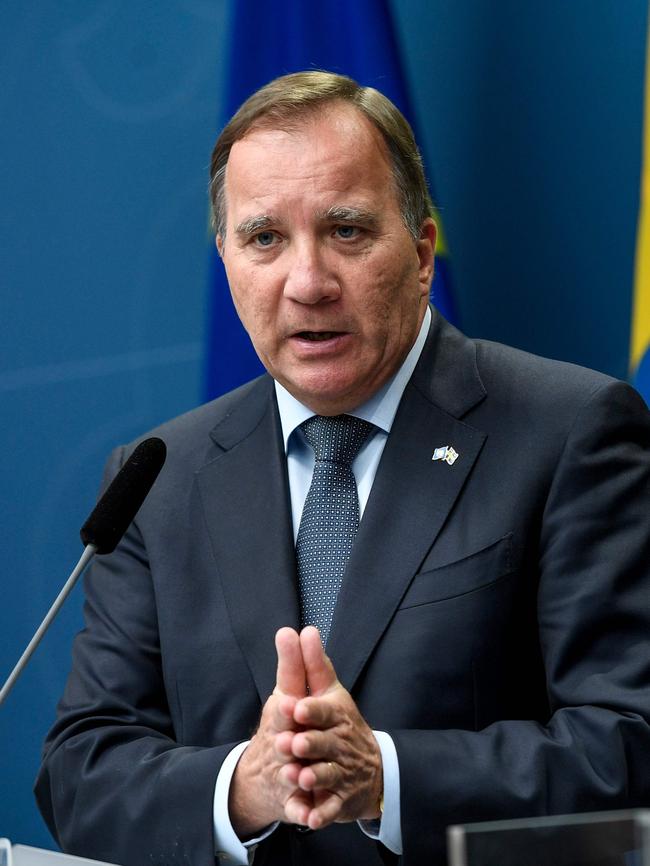
Stefan Lofven, the centre-left prime minister, said the time had come for a shift in its approach.
“The crisis has highlighted the shortcomings in our society,” he said. “We have thousands of dead. Now the question is how Sweden should change, not if.”
Care home deaths
The first task of the committee of inquiry, led by Mats Melin, a former senior judge, will be to investigate why roughly half of the deaths have occurred in care homes.
While the pattern in other European countries, including Britain, has been similar, Sweden has been shaken by its failure to do a better job of shielding older people. Mr Lofven, 62, has conceded that “we did not manage to protect the most vulnerable, the elderly, despite our best intentions”.
There is also much criticism of the broader strategy, which was drawn up under the auspices of Anders Tegnell, Sweden’s bluntly spoken chief epidemiologist.
Aside from choosing to impose comparatively few restrictions on daily life, the authorities also refrained from the mass testing and contact-tracing programs that have been deployed with positive effect in Germany.
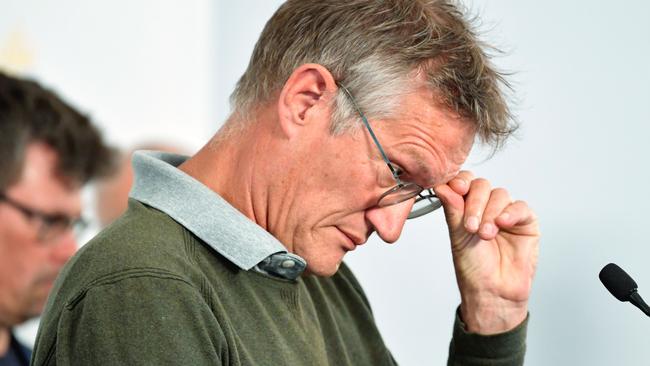
Denmark, Norway and Finland have largely sealed off their borders to Swedes. Last week the World Health Organisation placed Sweden alongside east European states such as Albania and Kyrgyzstan on a list of 11 countries whose health systems were in danger of being “pushed to the brink” by a second wave of infections.
Mr Tegnell, 64, who maintains that Sweden’s approach was largely justified, fought back, accusing the WHO of a “total misinterpretation of the data”. The organisation eventually relented and removed Sweden from the list.
Yet even Mr Tegnell has acknowledged that there had been “too many deaths” and Sweden should have responded more aggressively to the pandemic.

The Swedish strategy has been described as a Rorschach ink blot for opponents and advocates of stringent lockdowns in other countries, in allusion to a psychology test in which patients’ attitudes are inferred from the way they interpret a blob on a page.
The country’s state epidemiologists had argued that intrusive measures would ultimately prove to be unsustainable and ineffective at controlling the spread of the disease.
Officials point to the diminishing number of deaths in hospitals and say that excess mortality – the death toll over and above what is “normal” for the time of year — has been low.
However, there is little sign that the economy has withstood the pandemic much better than other countries that took stricter measures. Hopes of swiftly achieving herd immunity in Stockholm, the centre of the country’s worst outbreak, have also turned out to be misplaced.
The Times
More Coverage



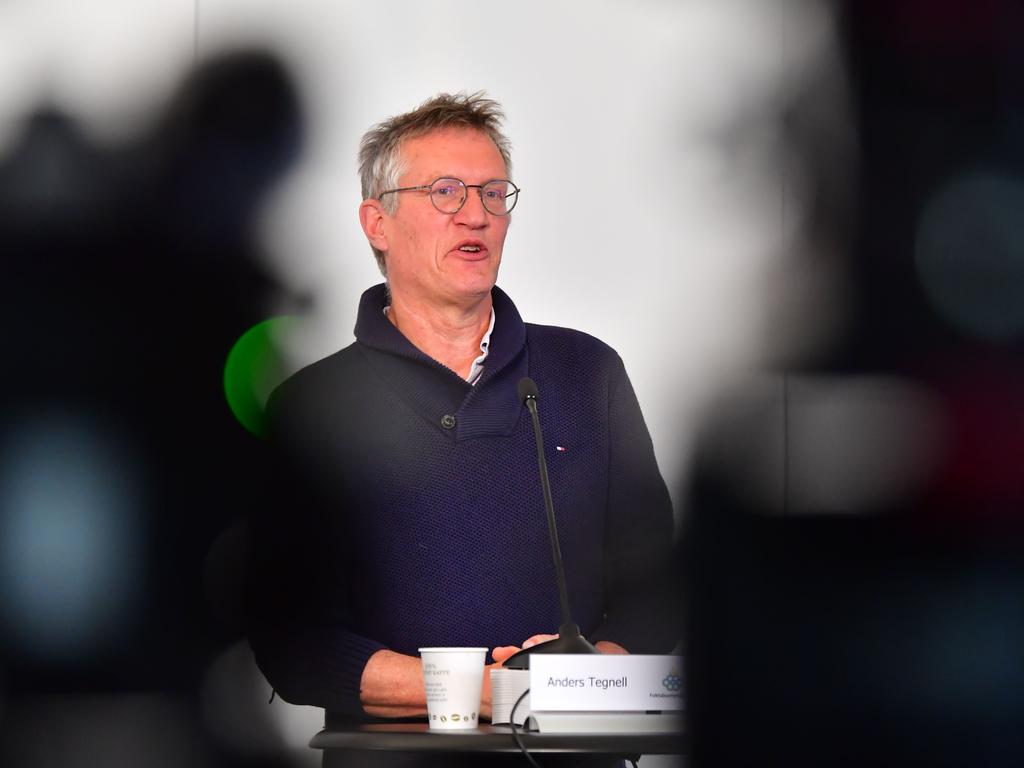
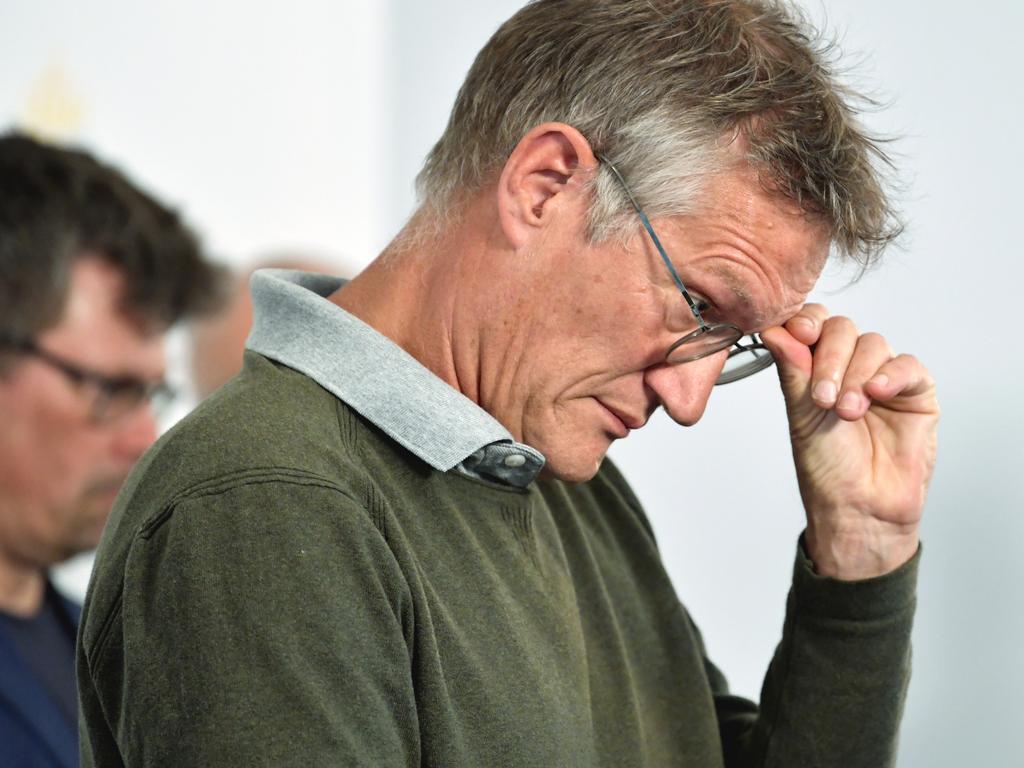
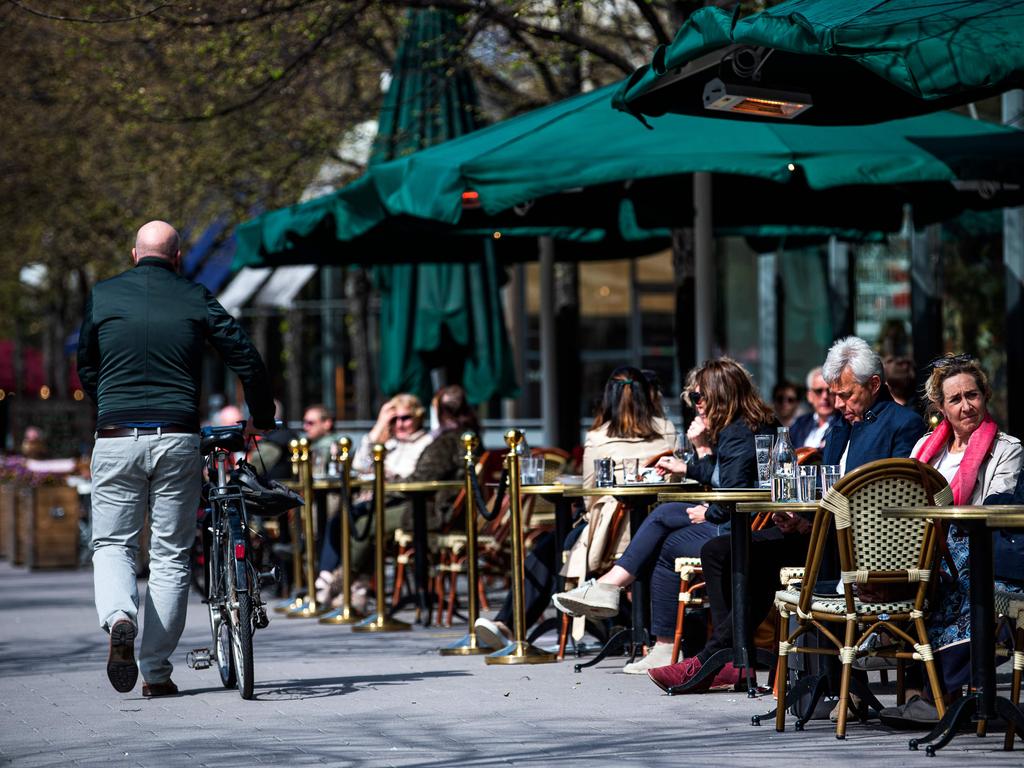


To join the conversation, please log in. Don't have an account? Register
Join the conversation, you are commenting as Logout